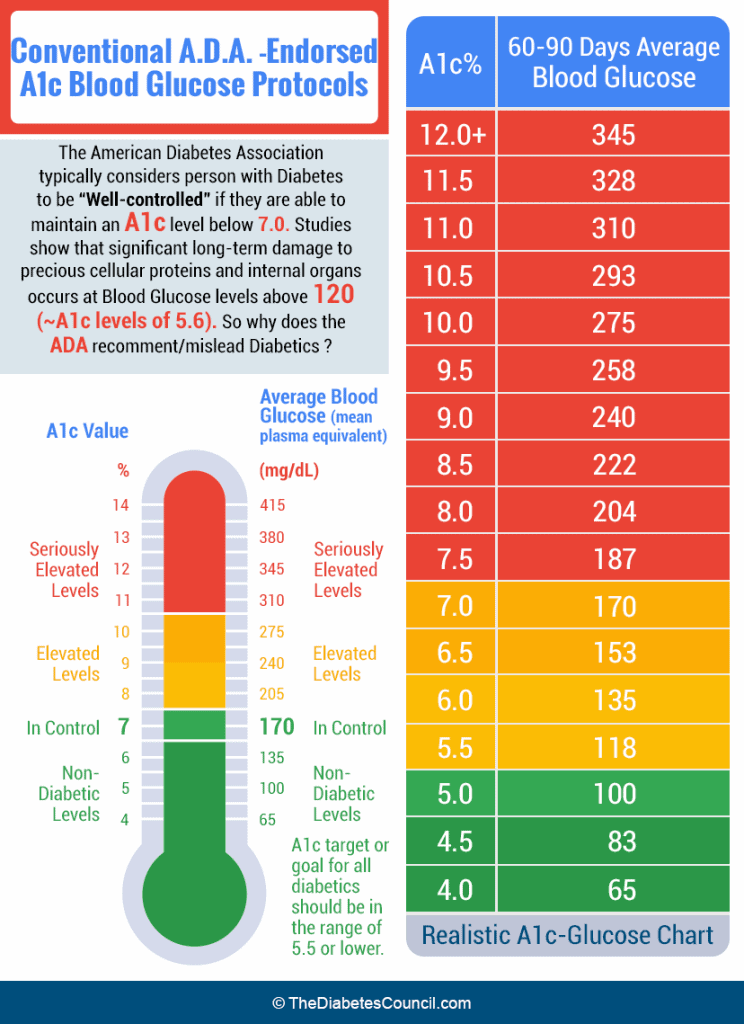High Wbc Pregnancy

When a pregnant woman has a high white blood cell (WBC) count, it can be a cause for concern, but it’s essential to understand the context and potential implications. A high WBC count, also known as leukocytosis, can occur due to various factors, some of which are related to pregnancy itself, while others might indicate an underlying issue.
Normal WBC Count in Pregnancy
During pregnancy, the body undergoes numerous changes to support the growing fetus and prepare for childbirth. One of these changes is an increase in the white blood cell count. Normally, a pregnant woman’s WBC count can range from 6,000 to 17,000 cells per microliter (µL), which is slightly higher than the non-pregnant range of 4,500 to 11,000 cells/µL. This increase in WBC count is a natural response to the pregnancy and is usually not a cause for concern.
Causes of High WBC Count in Pregnancy
A high WBC count during pregnancy can be attributed to several factors, including:
- Physiological changes: As mentioned earlier, pregnancy itself can cause an increase in WBC count due to the body’s natural response to the growing fetus and changes in the immune system.
- Infections: Bacterial, viral, or fungal infections can cause a high WBC count. Infections during pregnancy can be more severe due to the suppressed immune system, and it’s essential to seek medical attention promptly.
- Inflammation: Conditions like gestational diabetes, preeclampsia, or inflammatory bowel disease can lead to an elevated WBC count.
- Stress and anxiety: High levels of stress and anxiety can cause an increase in WBC count, which is why it’s crucial for pregnant women to manage stress effectively.
- Medications: Certain medications, such as corticosteroids, can cause an increase in WBC count.
Implications of High WBC Count in Pregnancy
A high WBC count during pregnancy can have several implications, including:
- Increased risk of preterm labor: A high WBC count can be a sign of an underlying infection or inflammation, which can increase the risk of preterm labor.
- Preeclampsia: An elevated WBC count can be a risk factor for preeclampsia, a condition characterized by high blood pressure and damage to organs like the kidneys and liver.
- Gestational diabetes: Women with a high WBC count are at a higher risk of developing gestational diabetes.
- Fetal growth restriction: High WBC counts have been linked to fetal growth restriction, where the baby doesn’t grow at a normal rate.
Diagnosis and Management
If a pregnant woman has a high WBC count, her healthcare provider will perform a thorough evaluation to determine the underlying cause. This may include:
- Complete blood count (CBC): To confirm the high WBC count and rule out other blood disorders.
- Urine tests: To check for infections like urinary tract infections (UTIs).
- Blood cultures: To identify any underlying infections.
- Imaging tests: To rule out any underlying conditions like appendicitis or inflammatory bowel disease.
Management of high WBC count in pregnancy depends on the underlying cause. If an infection is present, antibiotics or antiviral medications may be prescribed. In cases of inflammation or stress, medication and lifestyle modifications may be recommended.
Prevention and Self-Care
While some causes of high WBC count in pregnancy cannot be prevented, there are steps that pregnant women can take to reduce their risk:
- Practice good hygiene: Wash hands frequently, especially during cold and flu season.
- Stay hydrated: Drink plenty of water to help prevent UTIs.
- Manage stress: Engage in stress-reducing activities like meditation, yoga, or deep breathing exercises.
- Get enough sleep: Aim for 7-9 hours of sleep per night to help regulate the immune system.
In conclusion, a high WBC count during pregnancy can be a cause for concern, but it’s essential to understand the underlying causes and implications. By working closely with their healthcare provider, pregnant women can receive proper diagnosis and management, and take steps to prevent complications.
What is a normal WBC count during pregnancy?
+A normal WBC count during pregnancy can range from 6,000 to 17,000 cells per microliter (µL), which is slightly higher than the non-pregnant range.
What are the potential causes of a high WBC count in pregnancy?
+Potential causes of a high WBC count in pregnancy include physiological changes, infections, inflammation, stress and anxiety, and certain medications.
How can I manage stress and anxiety during pregnancy to reduce my risk of a high WBC count?
+Engage in stress-reducing activities like meditation, yoga, or deep breathing exercises, and prioritize self-care and relaxation techniques.



